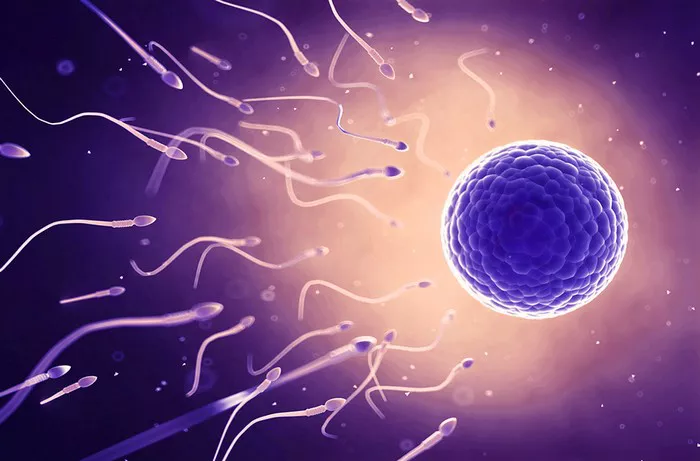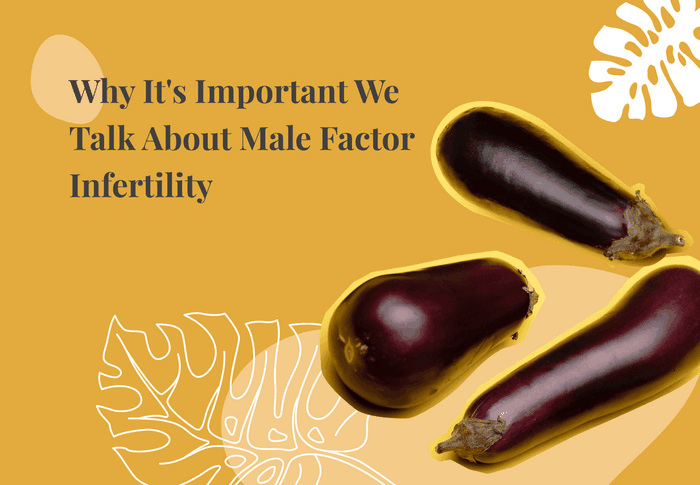Male fertility is not constant, but rather influenced by many factors including age, health condition, and lifestyle habits. Generally, male fertility peaks between the ages of 24 and 40, during which time both the quantity and quality of sperm are relatively high, making it easier for males to conceive.
Impact of Age on Male Fertility
As men age, their fertility tends to decline. Although male fertility doesn’t have a clear-cut expiration date like in women, studies have shown that after the age of 40, male fertility gradually decreases. This is because as men age, both the quality and quantity of sperm decrease, and DNA damage to sperm increases, all of which affect male fertility.
Impact of Health Condition on Male Fertility
In addition to age, a man’s health condition also significantly affects his fertility. Certain diseases such as diabetes, hypertension, obesity, etc., may negatively impact male fertility. Furthermore, lifestyle habits like smoking, alcohol consumption, excessive fatigue, etc., can also have adverse effects on male fertility.
Impact of Lifestyle Habits on Male Fertility
Lifestyle habits also play a crucial role in male fertility. Good habits such as adequate sleep, balanced diet, moderate exercise, etc., contribute to improving male fertility. Conversely, unhealthy habits like staying up late, imbalanced diet, lack of exercise, etc., may negatively affect male fertility.
Conclusion
In summary, male fertility is influenced by various factors including age, health condition, and lifestyle habits. To enhance male fertility, it’s important to maintain good lifestyle habits, undergo regular check-ups to detect and treat diseases in a timely manner, and also to avoid factors that may adversely affect fertility. Only by doing so can we better safeguard male fertility and ensure that every family can have healthy babies.
























